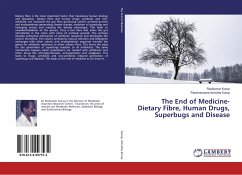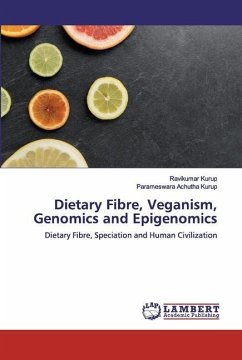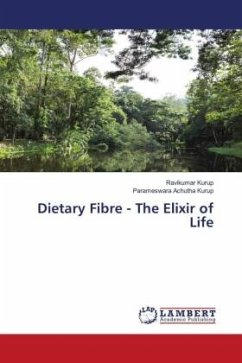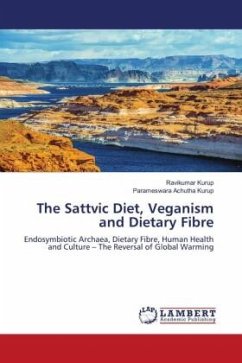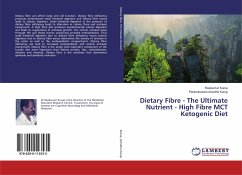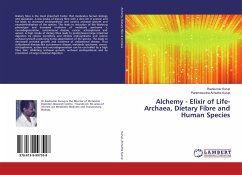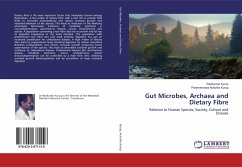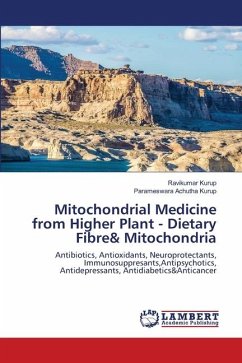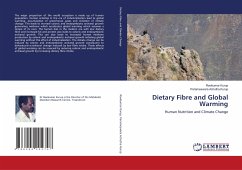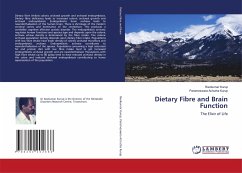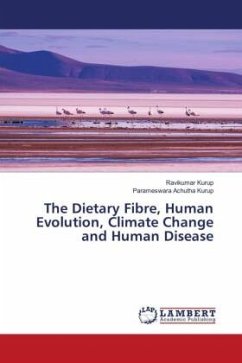
The Dietary Fibre, Human Evolution, Climate Change and Human Disease
Versandkostenfrei!
Versandfertig in 6-10 Tagen
79,99 €
inkl. MwSt.

PAYBACK Punkte
40 °P sammeln!
The major proportion of the world ecosystem is made up of human population. Human activities in the era of industrialization lead to global warming, accumulation of greenhouse gases and initiation of climate change. This leads to increase colonic and endosymbiotic archaeal growth generating methane which accelerates global warming which assumes a tempo of its own. The human diet in the modern era with low dietary fibre and increased fat and protein also leads to colonic and endosymbiotic archaeal growth. This can also leads to increased human methane production by colonic and endosymbiotic arc...
The major proportion of the world ecosystem is made up of human population. Human activities in the era of industrialization lead to global warming, accumulation of greenhouse gases and initiation of climate change. This leads to increase colonic and endosymbiotic archaeal growth generating methane which accelerates global warming which assumes a tempo of its own. The human diet in the modern era with low dietary fibre and increased fat and protein also leads to colonic and endosymbiotic archaeal growth. This can also leads to increased human methane production by colonic and endosymbiotic archaeal growth initiating global warming without the effect of industrialization. The climate change can be induced by colonic and endosymbiotic archaeal growth consequent to behavioural nutritional change induced by low fibre intake. These effects of global warming can be reversed by reducing colonic and endosymbiotic archaeal growth by increasing dietary fibre intake. Endosymbiotic actinidicarchaeal growth has been related to metabolic syndrome x, cancer, autoimmune disease, neurodegeneration and psychiatric diseases



